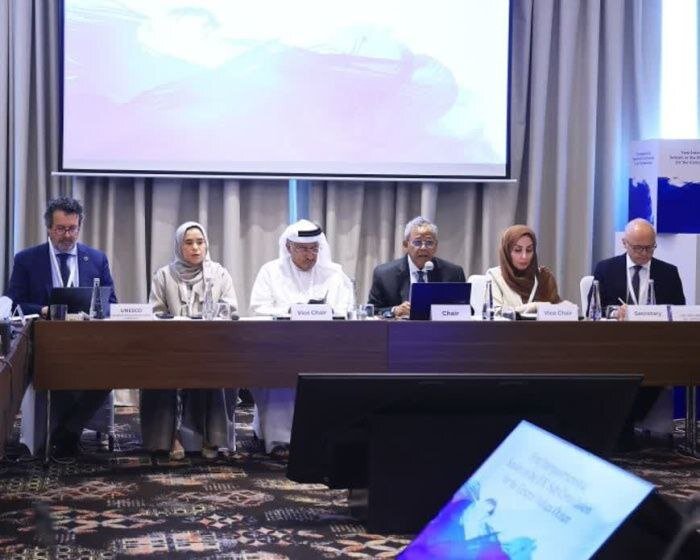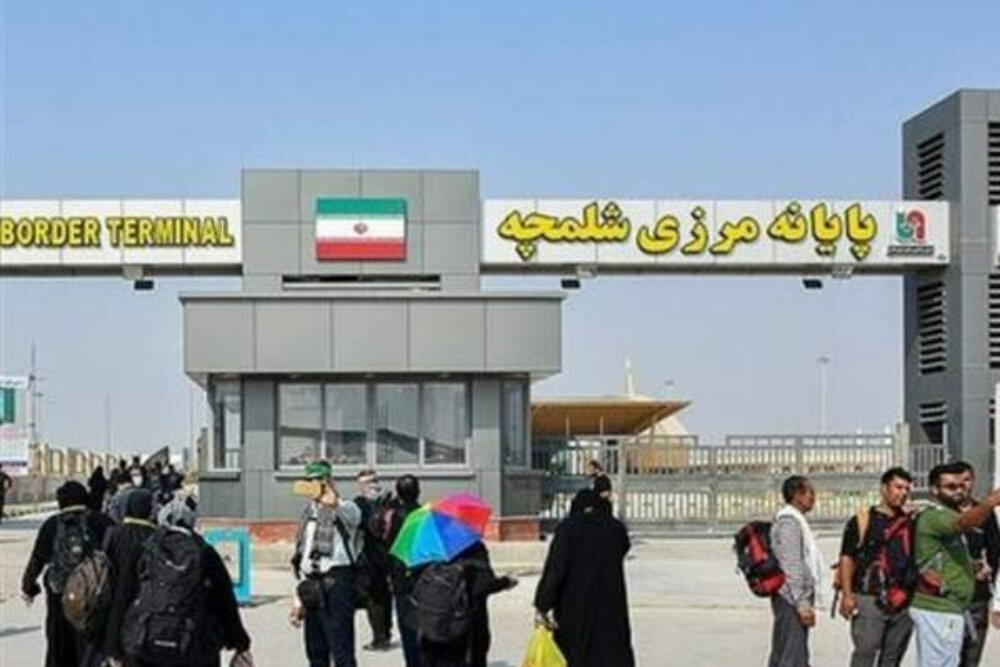
Similar Posts
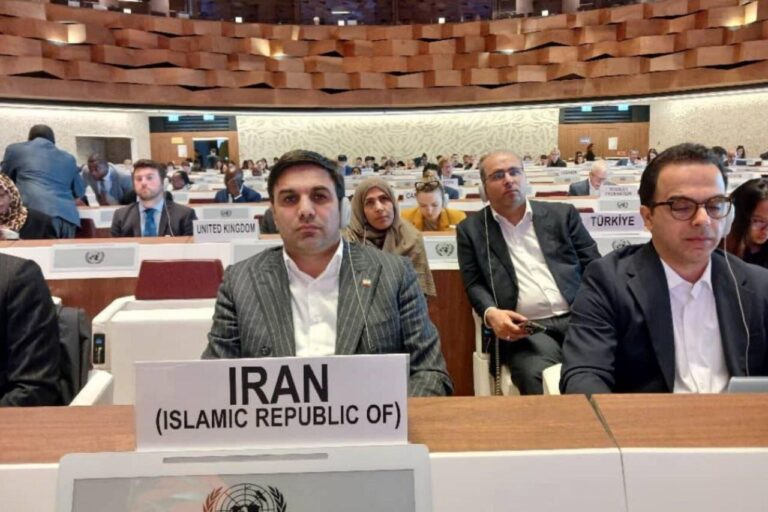
Bridging the Digital Divide: Tackling Coercive Measures in Today’s Information Society
During the 28th session of the UN Commission on Science and Technology for Development in Geneva, Iran’s Information Technology Organization head, Mohammad-Mohsen Sadr, highlighted unilateral sanctions and the digital divide as major challenges for the global information society. He underscored Iran’s advancements in ICT, including fiber optic expansion and e-services, while criticizing ineffective international mechanisms that exacerbate technological gaps. Sadr called for a global digital compact and greater responsibility from tech companies regarding cultural diversity. Meanwhile, Cuba’s Deputy Communications Minister expressed interest in collaborating with Iran on smart governance and cybersecurity, leading to a memorandum of understanding aimed at enhancing ICT cooperation.
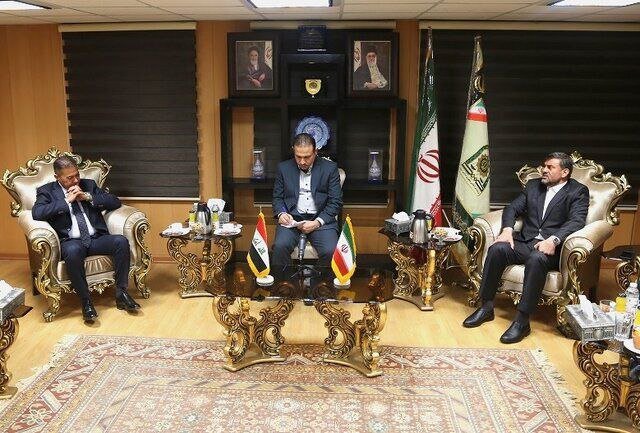
Iraq Aims to Strengthen Cooperation with Iran’s Anti-Narcotics Police to Combat Drug Trafficking
Iraq’s anti-narcotics police chief, Ahmed Al-Zarkani, has called for enhanced cooperation with Iran to combat drug smuggling, highlighting the urgent need for joint efforts amid rising narcotics threats in both countries. During a meeting with Iranian counterpart Iraj Kakavand, Al-Zarkani praised Iran’s drug control initiatives and emphasized the importance of sharing intelligence on traffickers. Kakavand noted the necessity of cracking down on armed traffickers along their shared borders. Both nations aim to improve collaboration through simultaneous patrols and information exchange. Recognizing Iran’s commitment, the UNODC commended recent drug seizures, stressing the need for regional and international partnerships in tackling drug trafficking.
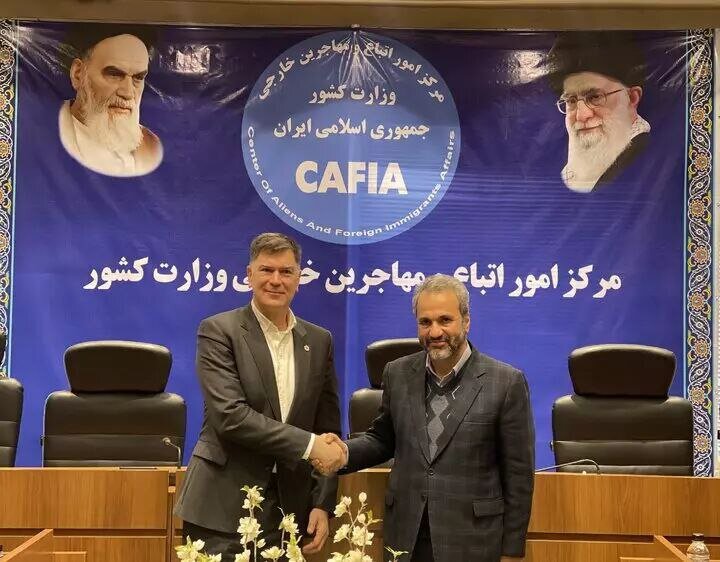
ICRC Steps Up to Empower Refugee Students in Iran: A Lifeline of Support
The International Committee of the Red Cross (ICRC) is enhancing educational support for refugee children in Iran, particularly Afghan refugees, in response to the humanitarian crisis. ICRC representative Vincent Cassard praised Iran’s efforts in family reunification and education during a February meeting with Nader Yar-Ahmadi, head of Iran’s National Organization for Migration. They discussed the significant number of refugee students and proposed joint educational initiatives. In May 2024, ICRC and the Iranian Red Crescent Society will launch programs in Mashhad, providing health, rehabilitation, and educational services. Yar-Ahmadi warned that without international aid, Iran may reconsider its refugee policies.
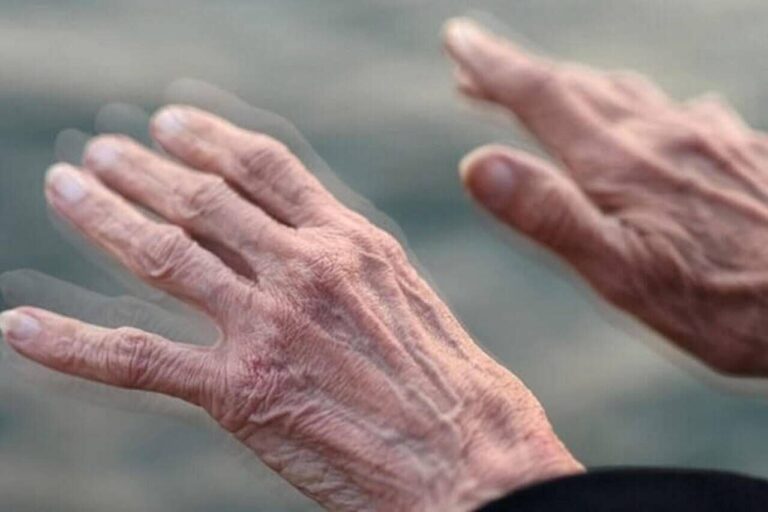
Staggering Statistics: Parkinson’s Disease Rates in Iran Soar 40% Above Global Average, Warns Expert
Parkinson’s disease, a serious neurodegenerative condition, is increasingly prevalent in Iran, with an incidence 40% higher than the global average. Over 250,000 Iranians are affected, facing debilitating symptoms such as tremors, stiffness, and balance issues. Currently, there is no cure, and treatments primarily alleviate movement symptoms, often costing over $300 monthly, which many cannot afford. The Parkinson’s Association plans to open a specialized clinic in Tehran and urges collaboration to improve living conditions for patients. As World Parkinson’s Day approaches, raising awareness and enhancing access to healthcare is vital for supporting those affected by this challenging disease.
